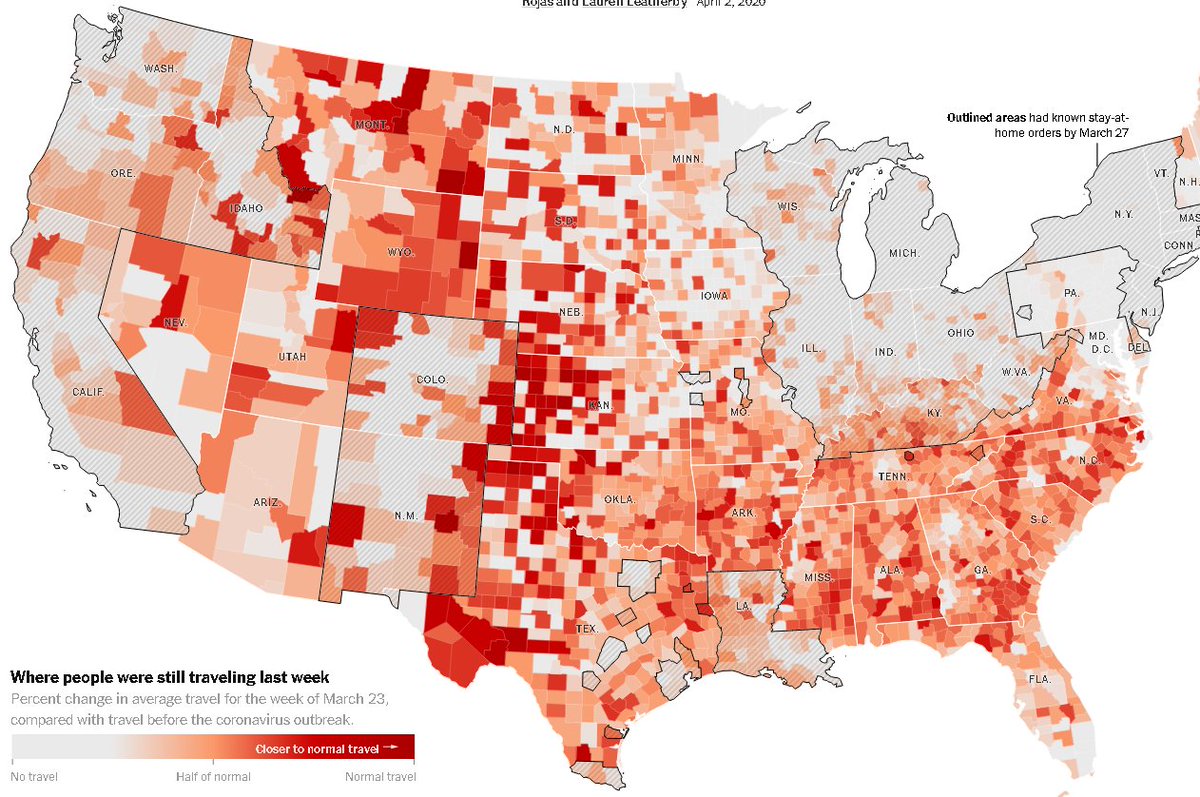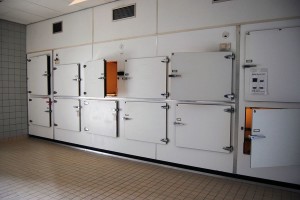Melanie Phillips: For Israel, recognising another enemy is second nature
In mid-March, however, when Prime Minister Boris Johnson finally realized from the Italian death toll that Britain was heading for a similar catastrophe, he abruptly changed course and started to impose social-isolation rules. Yet even now, Britain hasn’t restricted flights from China, Italy or other hot spots.Caroline B. Glick: Coronavirus lessons for the coalition talks
Israel took a different approach from the start because it’s a very different kind of society. Unlike the pampered West, Israel permanently lives in a state of potential emergency and existential threat.
From its experience of decades fending off attacks from physical enemies, Israel is geared to be proactive against threats to national security. Despite its famously dysfunctional politics, it doesn’t flinch from taking desperately difficult decisions in order to save lives—like shutting down much of its economy.
More deeply still, Israel views every unnecessary death as a national tragedy. It would be unthinkable for Israel to do what Britain did at the start—flirt with the idea that it could sit out the threatened epidemic, until enough people had been infected to provide “herd immunity” protection, because those most likely to die in this process were “only” the old.
In stark contrast, because the duty to protect the whole population is built into Israel’s DNA, the same military and security forces that fight a physical enemy have been deployed to battle COVID-19.
So the fabled Israeli spying agency, the Mossad, was instructed to scour the world, including countries with which Israel does not enjoy diplomatic relations, to obtain virus testing kits and other essential medical equipment.
Accordingly, the Mossad has reportedly brought in from undisclosed locations some 500,000 testing kits, which are essential to offer a safe route out of lockdown by starting to get people back to work. Other such Mossad shipments over the past few weeks have included thousands of respiratory and surgical masks, protective overalls and, most important of all, dozens of ventilators.
Senior officials told the Israeli TV show “Uvda” that, by this weekend, the operation would bring to Israel another 2 million masks for medical staff, 2 million protective overalls and visors, and a further 180 ventilators. One Mossad officer described this as the most complex operation he had ever dealt with.
It is hard to know how Iran and the other states in the region will look when this pandemic has passed. But it is safe to assume that they will be less stable than they were when it first hit.The Tikvah Podcast: Moshe Koppel on How Israel’s Perpetual Election Came to an End
This returns us to Israel which entered the crisis with a strong economy and an advanced, well-funded and functioning health system.
The coronavirus and the chaos engulfing our neighbors tell us two things. First, we need to preserve and strengthen the bonds that hold us together as a nation. Social solidarity is the vital foundation of all national efforts in times of crisis.
The second lesson is that in a world and region plagued with uncertainty and instability, we must do everything we can in the spheres that we do control to minimize uncertainty and maximize stability.
A week ago, Israel almost lost it all. Last week Israel was on verge of internal unrest and chaos the likes of which we hadn't seen since the 2005 expulsion of ten thousand Israelis from their homes and communities in Gaza and northern Samaria. Indeed, the social cleavages that emerged since last month's election foretold an even greater disaster than the crisis we experienced back then.
The fact that three former Israel Defense Forces chiefs of general staff were willing to work in concert with the Joint Arab List placed a question mark over the future of our society and state.
The Joint Arab List is an alliance of parties that rejects Israel's right to exist. Its members work openly in the Knesset, in the courts and in the international arena to delegitimize the Jewish people's right to self-determination and to undermine Israel's ability to defend itself from external attack and internal subversion. Blue and White's willingness to work with the alliance called into question the Israeli Center-Left's commitment to the continued existence of the Jewish state.
With the recent agreement between Prime Minister Benjamin Netanyahu and his chief political rival, Benny Gantz, a governing coalition is at long last beginning to emerge in Israel. After three national elections in a single year, the Jewish state will soon have a regular cabinet and resume the work of government. It couldn’t have happened at a better time. The coronavirus pandemic will have significant effects on Israel’s politics and economy, while Israel’s citizens continue to live under threat of attack from enemies in the Gaza Strip, Syria, Lebanon, and Iran. And questions remain about what will become of the Trump peace plan, especially with American elections just a few months away. In this podcast, Jonathan Silver is joined by Moshe Koppel, chairman of the Kohelet Policy Forum, a member of the Department of Computer Science at Bar-Ilan University, and one of Israel’s leading conservative political activists and policy experts. They analyze the causes of Israel’s political crisis, explain how it finally came to an end, and probe the larger significance of these recent events in Israeli history. Musical selections in this podcast are drawn from the Quintet for Clarinet and Strings, op. 31a, composed by Paul Ben-Haim and performed by the ARC Ensemble.This global health crisis and Passover
A special message from [Australian] Prime Minister Scott Morrison for an out of the ordinary Passover.
Scott Morrison writes:
Passover is a time when we remember the journey of the Jewish people. A journey from slavery to freedom. It is a tradition dating back several millennia that has inspired Jewish communities around the world through the best of times — and the very worst, too.
At a time when we face great challenges, the festival of Passover has special meaning. This year it has a poignancy with many grandparents and grandchildren not able to be with each other for the Seder.
We are distancing from each other this year, so that next year and beyond, all our family members can gather and share the seder together.
This global health crisis that we face is a once-in-one-hundred-year event.
It requires all of us, no matter what our faith, to do our duty as citizens.
All of us have a role to play in keeping our community safe: employers, nurses, doctors, teachers, scientists, friends, family and neighbours.
The Jewish people have shown they can endure the most trying of circumstances, and such resilience gives me great confidence that our nation will also get through this.











































